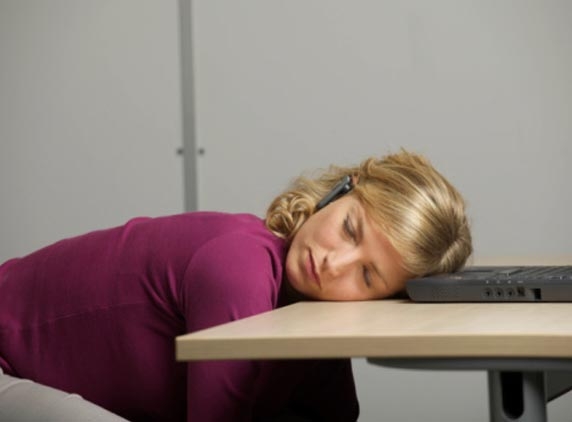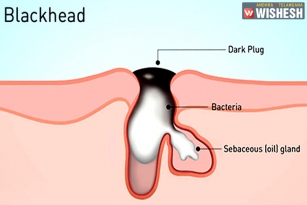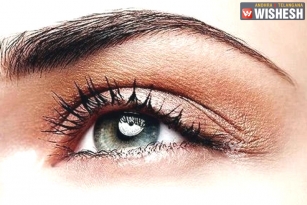
Near and dear to our hearts is the nap. Some of the greatest men of the 20th century were avid fans of napping, most notably Albert Einstein and Winston Churchill. (Much of the information in this and future blogs on naps comes from a review article by Dhand and colleagues in Current Opinion in Pulmonary Medicine.)
In 2005, a survey of National Sleep Foundation found that 55% of people in the United States took at least one nap during the week, with 35% saying they take two or more.
Naps are usually brief periods of sleep lasting from a few minutes to a few hours, and can vary in frequency from the occasional nap to scheduled daily rest periods, or even several times a day in habitual nappers. Daytime naps are often necessary in sleep deprived workers after working long shifts, while others need naps because of excessive daytime sleepiness brought on by sleep disorders that prevent them from having a good night’s sleep. I would like to review what we know about the practice of daytime naps in otherwise healthy adults who are not sleep deprived and who do not have a known sleep disorder. Whether these naps are a habit, a sign of laziness, or if they serve some biological purpose and are associated with better health and longevity remain a matter of debate.
The importance of daytime naps has been recognized for some time. In many cultures in which the afternoon sun can send the temperatures soaring, siestas have become a way of life. (More about siestas and heart disease later.) This is especially popular in Spain and from there probably spread to other areas of Latin America, Asia, and Africa.
First let’s start with the good. Several investigations have shown that short naps of < 30 minutes have an invigorating effect, helped maintain alertness levels, and enhanced performance. These positive effects were seen in healthy young adults and in the elderly after a normal night’s sleep, after sleep restriction, during long hours of shift work, and during extensive periods of driving and flying planes. Many reports also showed an overall improvement in emotional state with naps.
How long do the naps need to be to help? It has been shown that napping for < 10 minutes has few if any benefits, whereas naps of between 10-45 minutes have restorative effects that last through the day. On the other hand, naps that are longer can actually cause the person to enter deeper stages of sleep and lead to grogginess upon awakening.


























